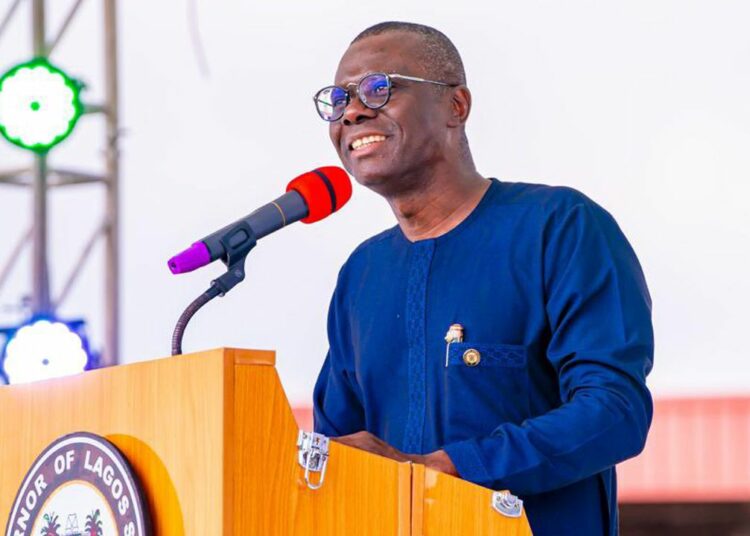With trillions of Naira locked in dormant assets across Nigeria, Lagos State governor, Mr. Babajide Sanwo-Olu, minister of Housing and Urban Development, Ahmed Musa Dangiwa have collaborated to reinvigorate the nation’s economic potential in dead capital, which is estimated at $300 billion.
The top government officials who spoke at the stakeholders’ workshop on the Nigeria Land Registration, Documentation and Titling Programme (NLRDTP) held in Lagos said the dead assets significantly drain the nation’s economic potential.
In his address, Dangiwa said the workshop theme, “Moving from Inception to Implementation”, captures the critical moment “we have reached in our national journey to transform land administration.” Across Nigeria, less than five per cent of the land is formally titled. The rest remains locked in informality, inaccessible for investment, and vulnerable to disputes.’’
Dangiwa added, “For state governments, billions of naira in potential Internally Generated Revenue are left untapped because vast areas remain outside the formal tax and valuation system. It also limits their ability to plan for housing, infrastructure, and urban growth, as records are incomplete or outdated.
“Only states with modern, digitised land records can confidently attract investors for housing estates, commercial hubs, and industrial projects, knowing that land rights are secure and verifiable.
“For the federal government, it means our economy carries the weight of an estimated $300 billion in “dead capital”— land that exists physically but cannot be leveraged for economic growth. This slows mortgage market development, reduces investment inflows, and denies us the chance to use land as a powerful engine for job creation and wealth generation. Imagine the economic boost if even a fraction of this dormant wealth were unlocked — more business credit, more affordable housing, more infrastructure, and stronger GDP growth.’’
In his address, Governor Sanwo-Olu commended the Federal Government for the Renewed Hope Agenda initiative to unlock the economic power of land. He said electronic land documentation is the only way forward to reduce physical interference and build a future where land rights are secured.
Speaking during the display of the house numbering plates, Governor Sanwo-Olu said the project aims to provide a unique digital identity to every property, enhancing navigation, service delivery, and overall urban management.
He said, “Lagos digital house numbering system is a novel idea. It is about technology, one of the things we are trying to achieve: using technology as a strong enabler to resolve all our land issues, where, from the comfort of your house, you can access and resolve land title issues.
“It is still a journey, and we are not there yet. But this digital house numbering system is more around ensuring that if you can get a property’s address, every information needed on that property can be accessed, and people will see it.”
Also speaking, the Special Adviser to the Governor on Electronic Geographic Information System (e-GIS) and Urban Development, Dr. Olajide Babatunde, said the Lagos State government is committed to the Identifier project, which embeds QR codes and local government-specific colour codes for easy identification.





